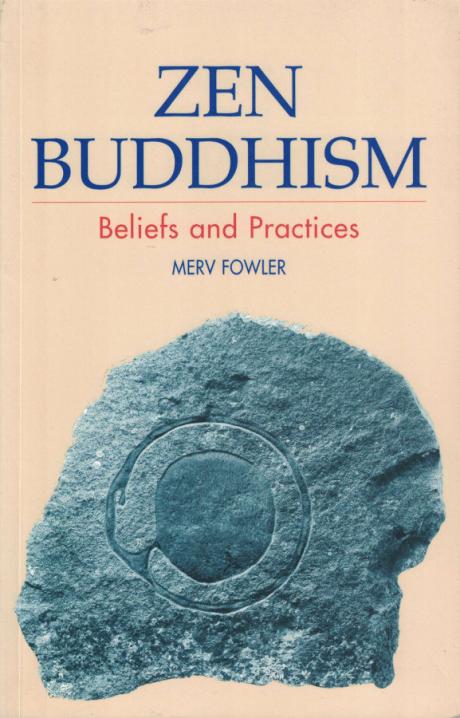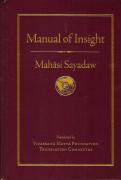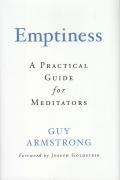Informed by almost two decades of dialogue, research and teaching, this book refutes the mistaken premise that Zen Buddhism is more suited to people who lived all those years ago, or at least live all those miles away. Pivotal to this work is recognition that Buddhism is a mind culture. To appreciate that one is not in control of one's own mind is alarming indeed, but it is our perceptions of real and imagined threats that generate our anxieties, not an objective appraisal of the situation. Beginning with the annotated 'ox path' pictures, the gradual development of the wayward mind away from aimless wandering and towards Buddhahood is depicted and examined. Ever mindful of the legacy of India, the life and teaching of Sakyamuni Buddha are revisited as are the scriptures themselves. At every point, this book presents Zen Buddhism, not as some esoteric mystery cult, accessible only to the eastern mind, but in an animated, meaningful manner that demonstrates its purpose and function in today's world. Informed by almost two decades of dialogue, research and teaching, this book refutes the mistaken premise that Zen Buddhism is more suited to people who lived years ago. Beginning with the annotated "ox path" pictures, the gradual development of the wayward mind away from aimless wandering and towards Buddhahood is depicted and examined. Ever mindful of the legacy of India, the life and teaching of Sakyamuni Buddha are revisited as are the scriptures themselves. At every point, this book presents Zen Buddhism, not as some esoteric mystery cult, accessible only to the eastern mind, but in an animated, meaningful manner that demonstrates its purpose and function in today's world.







